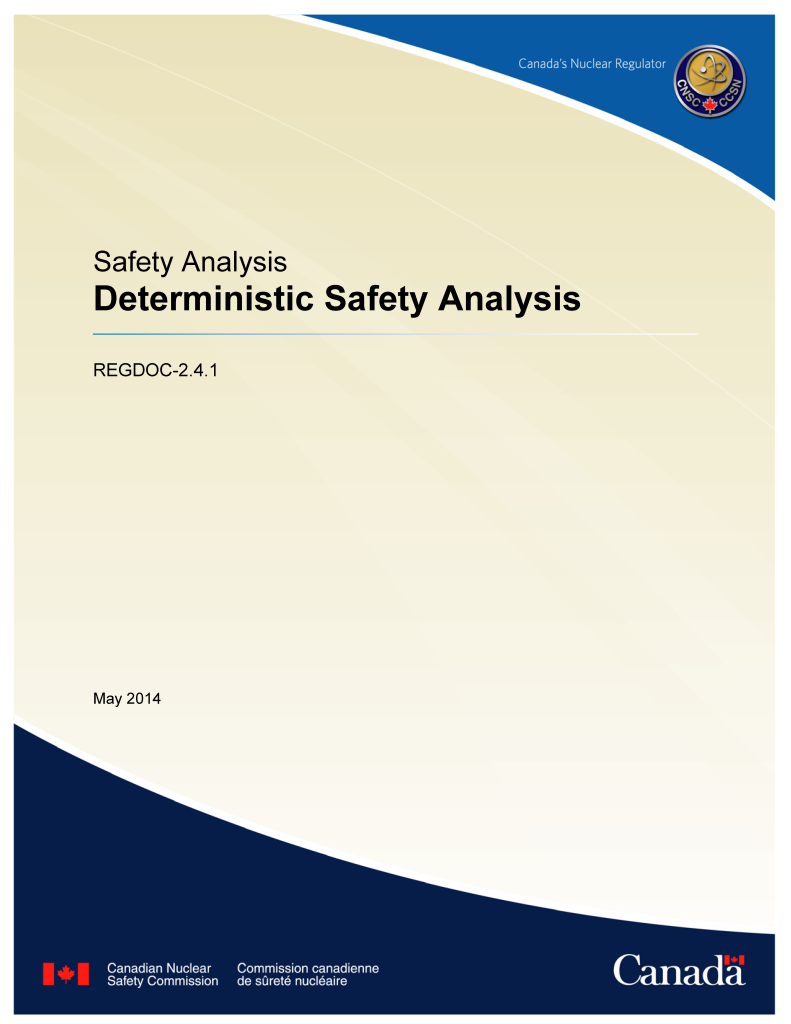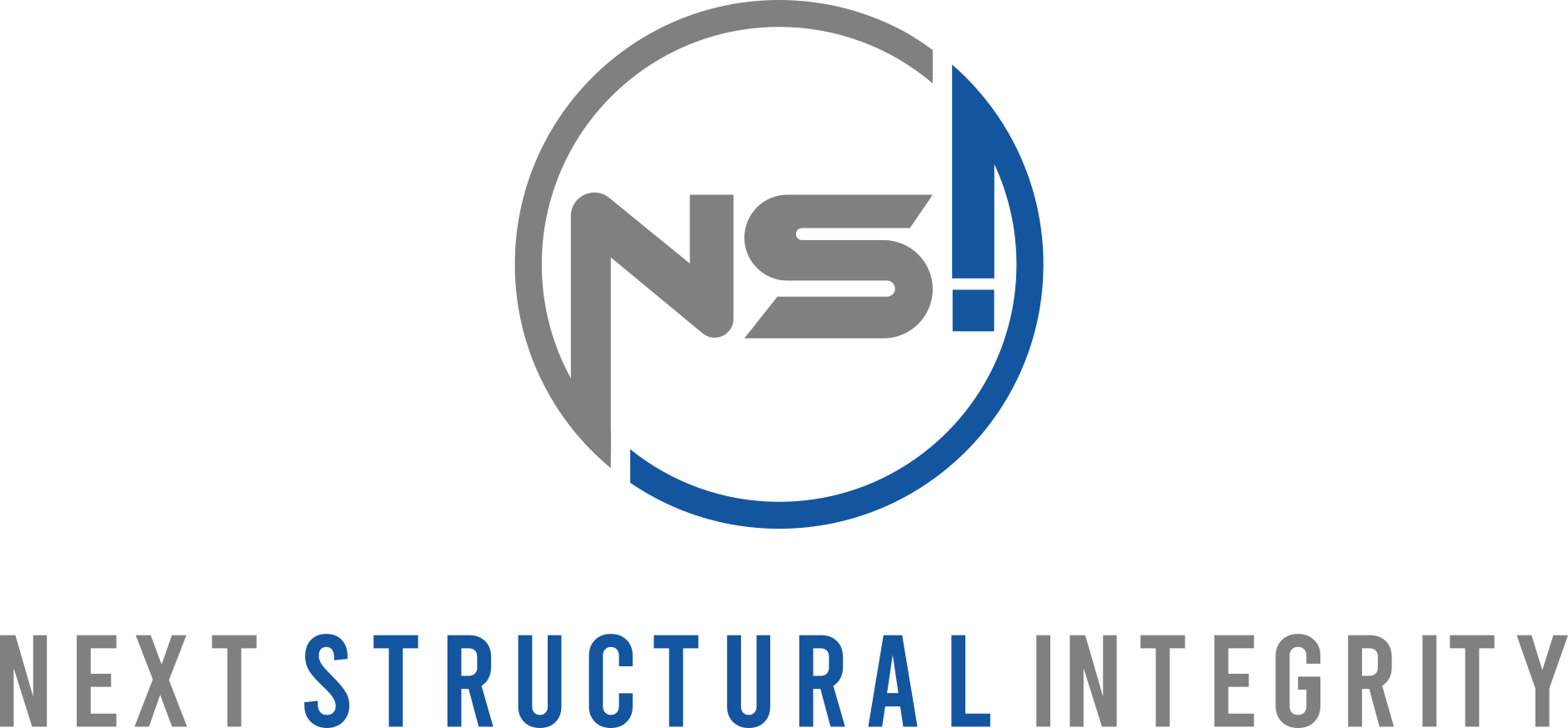Deterministic Safety Analysis (DSA) is a foundation of nuclear facility safety, focused on ensuring that systems/components can withstand specified conditions and operate within safe limits. At NSI, our DSA services evaluate systems/components behavior under normal and accidental scenarios, demonstrating compliance with regulatory requirements, and ensuring the facility’s defense-in-depth approach is robust.
KEY OBJECTIVES OF DETERMINISTIC SAFETY ANALYSIS
DSA is essential for confirming the safety of nuclear facilities by carefully evaluating system responses to postulated initiating events (PIEs). DSA establishes and verifies the design basis, ensuring that safety-critical systems can operate effectively under both normal and accident conditions. By analyzing event sequences and categorizing PIEs, DSA ensures that plant designs meet regulatory dose and acceptance limits and confirms that safety systems can respond automatically to anticipated operational occurrences (AOOs) and design basis accidents (DBAs). Additionally, DSA demonstrates that the management of more complex scenarios, known as design extension conditions (DECs), is feasible through a combination of system actuation and operator actions.
In both the design and operational phases, DSA is crucial for meeting safety and licensing requirements, deriving operational limits, validating accident scenarios, and confirming compliance with regulatory standards. For operating plants, DSA further assesses impacts from modifications, aging structures, and evolving regulatory expectations, supporting compliance, life extension, and the continuous improvement of safety measures.
CORE ELEMENTS OF OUR DSA SERVICES
NSI’s deterministic safety analysis process includes:
- Event Categorization and Scenario Definition
- Thermal-Hydraulic Analysis
- Containment Performance and Pressure Management
- Source Term Analysis and Dose Assessment
- Single-failure criterion and Redundancy Verification
- System and Component Behavior Under Severe Conditions
- Human Reliability Analysis (HRA)
SOFTWARE TOOLS WE UTILIZE
To achieve accurate and defensible results, NSI employs a suite of state-of-the-art safety analysis codes for our deterministic safety analyses, including RELAP5, TRACE, CATHENA, GOTHIC, RELAP/SCDAP, and MCNP.
These tools allow us to perform detailed, scenario-based assessments with precision and accuracy, providing clients nuclear power plants with clear insights into safety performance under different conditions.

COMMITMENT TO SAFETY AND REGULATORY EXCELLENCE
NSI’s DSA experts bring a strong background in nuclear engineering, thermal-hydraulics, and regulatory compliance, with hands-on experience in both the technical and regulatory aspects of safety analysis. Our work is aligned with regulatory frameworks and standards, ensuring comprehensive and defensible results.
NSI provides the technical foundation necessary to demonstrate safety compliance, enhance risk management, and reinforce the robustness of nuclear facilities.
